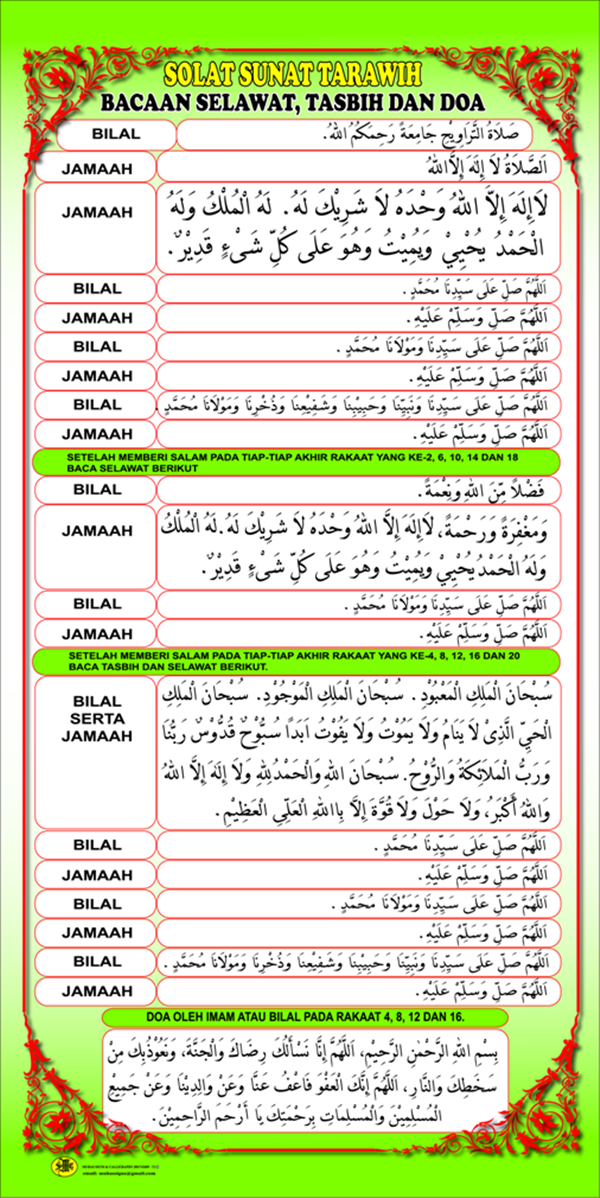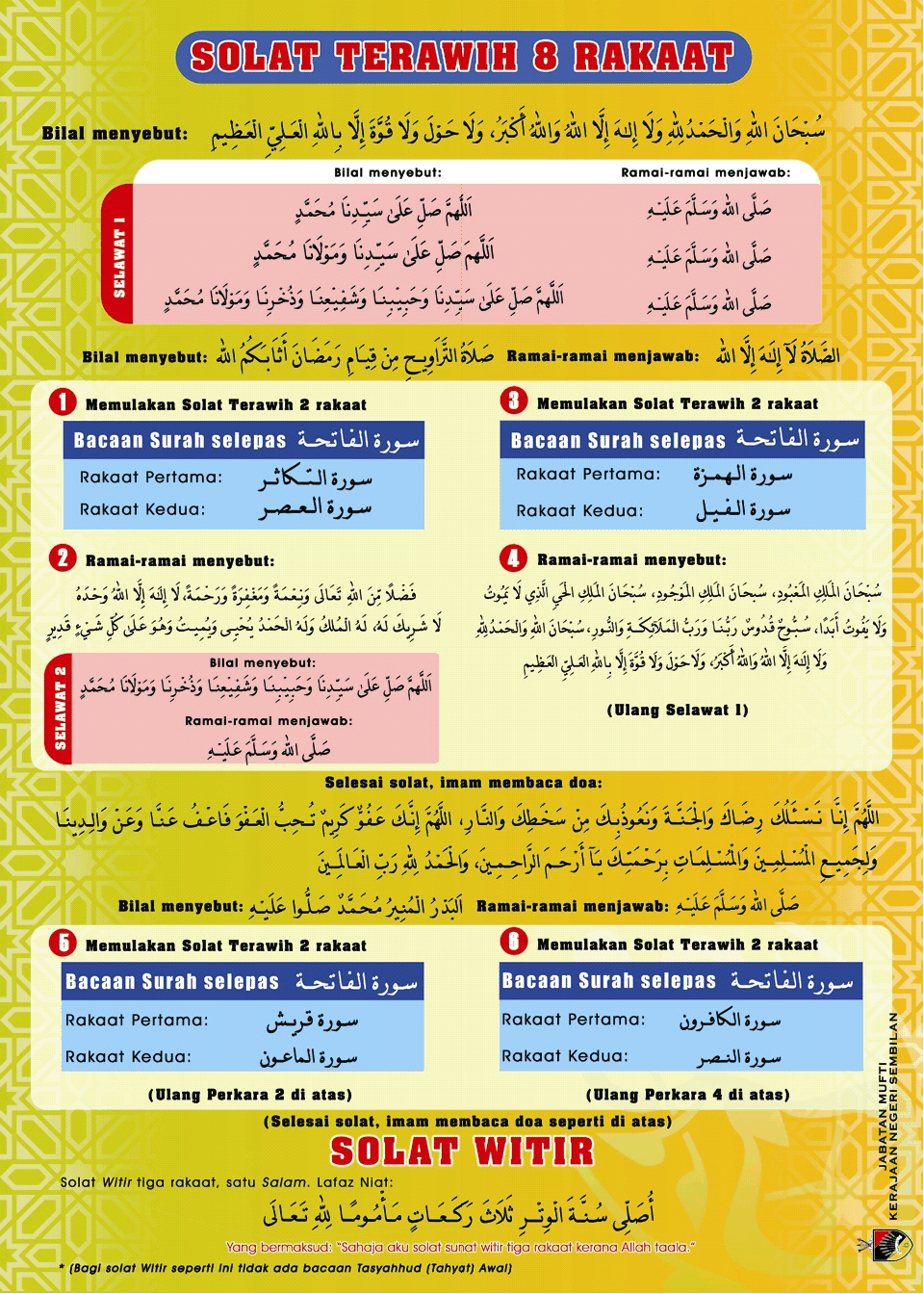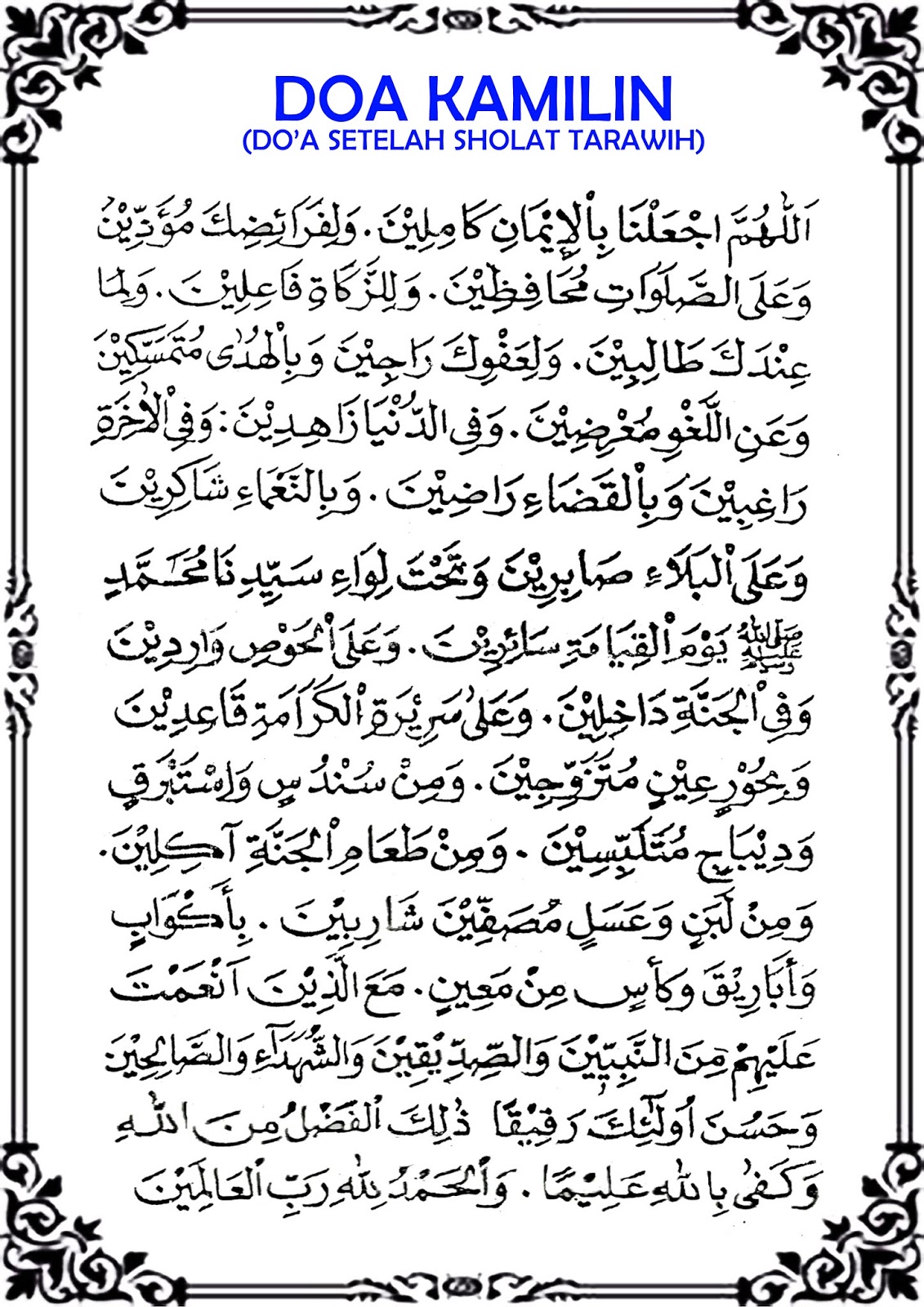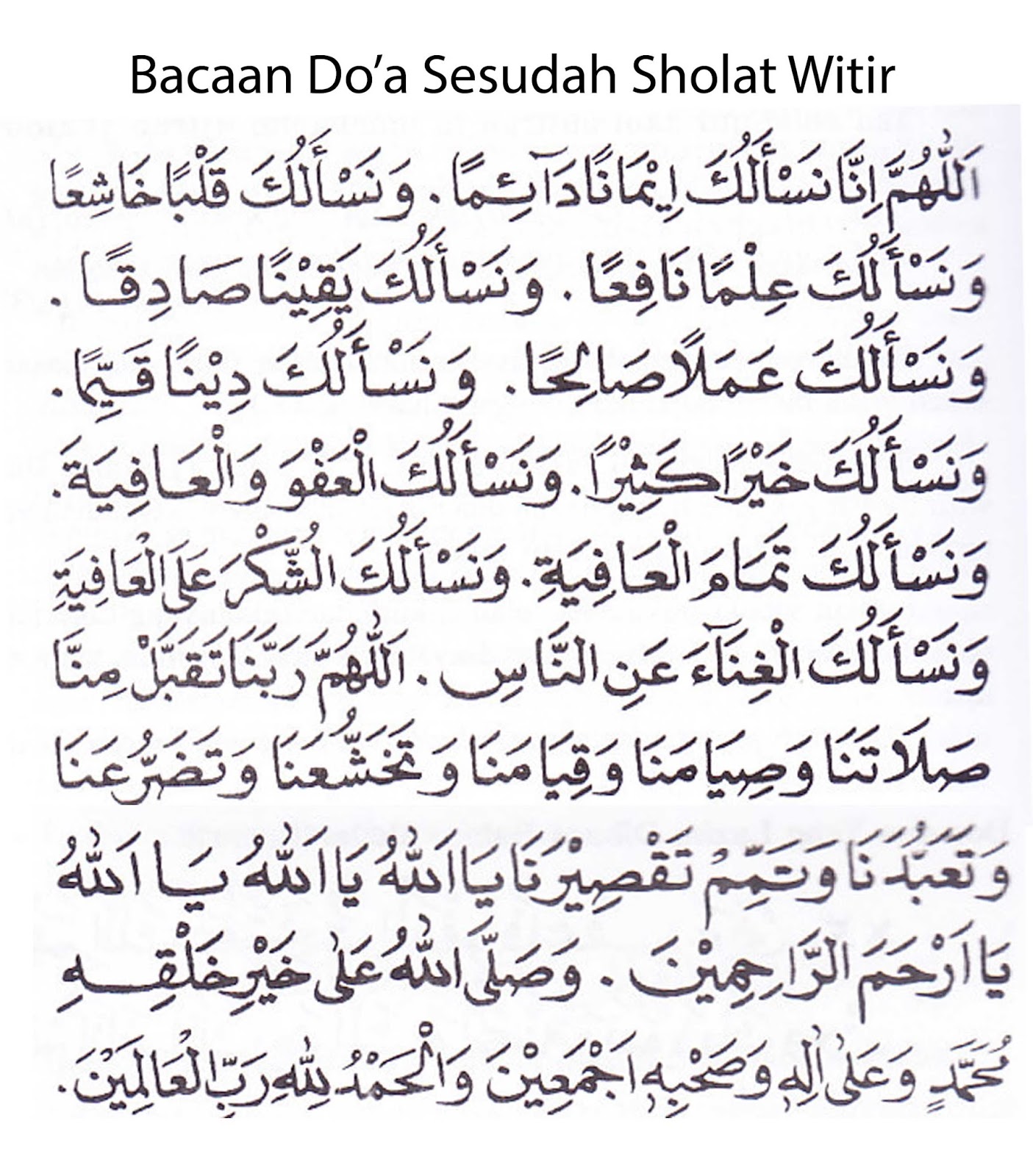Seeking Forgiveness and Blessings: The Power of Dua After Tarawih and Witr
Imagine this: the stillness of the night during Ramadan, the gentle hum of voices reciting Quranic verses, the feeling of peace and tranquility that washes over you after completing the Tarawih and Witr prayers. This sacred space, right after fulfilling your spiritual obligation, holds immense power, particularly for those seeking a deeper connection with the divine. This is the time for dua, a time to pour your heart out in supplication and ask for forgiveness, guidance, and blessings.
Dua, in essence, is a conversation with God. It's an intimate moment where you lay bare your hopes, fears, dreams, and regrets, seeking His mercy, guidance, and forgiveness. While dua can be made at any time, the time following Tarawih and Witr prayers during Ramadan carries special significance. This is a time when hearts are softened, spirits are lifted, and the doors of heaven are said to be wide open.
The importance of dua after Tarawih and Witr is rooted in the teachings of the Prophet Muhammad (peace be upon him). He emphasized the blessed nature of this time and encouraged his followers to engage in earnest supplication. In one narration, he is reported to have said, "Your Lord descends to the lowest heaven during the last third of the night, and He says, 'Who is calling upon Me, that I may answer him? Who is asking from Me, that I may give him? Who is seeking My forgiveness, that I may forgive him?'" (Sahih al-Bukhari).
Understanding the significance of this time helps us appreciate why making dua after Tarawih and Witr is so powerful. It's not merely about adhering to a ritual, but about seizing a moment brimming with spiritual potential. This is our chance to directly connect with our Creator, to seek His forgiveness for our shortcomings, to express our gratitude for His blessings, and to ask for His guidance and protection in navigating the challenges of life.
But what should we ask for in these precious moments? The beauty of dua lies in its boundless nature. There are no limitations on what you can ask for. It can be as simple as seeking forgiveness for a mistake, or as grand as praying for world peace. You can ask for guidance in your career, strength in your relationships, or healing for yourself or a loved one. The key is to speak from the heart, with sincerity and humility, acknowledging your dependence on God and placing your trust in His infinite wisdom and mercy.
While there are no prescribed words for dua, there are certain etiquettes and recommended practices that can enhance the effectiveness of our supplications. These include purifying yourself before prayer, facing the Qibla (direction of prayer), raising your hands in supplication, starting your dua with praise and salutations upon the Prophet Muhammad (peace be upon him), and concluding with "Ameen" (meaning "So be it").
Making dua after Tarawih and Witr is not about demanding from God, but about acknowledging our limitations and seeking His help and guidance. It's about recognizing that despite our best efforts, we are imperfect beings in need of His constant mercy and support. It's a reminder that we are not alone in our struggles, and that there is a higher power who listens to our pleas and responds in ways we may not always comprehend, but that are always for our ultimate good.
In a world that often feels chaotic and uncertain, the practice of dua offers solace, hope, and a profound sense of connection. It reminds us of the power of faith and the importance of seeking guidance and forgiveness from the One who created us. As we strive to make the most of this blessed month of Ramadan, let us not miss out on the opportunity to engage in heartfelt supplications after Tarawih and Witr, for it is in these quiet moments of reflection and connection that we often find the answers and the strength we seek.
The subtle power of gray kitchen cabinets a contemplative approach
Is it true that lied jeden morgen geht die sonne auf
Finding flattering amp fabulous dresses a guide for women over 65













